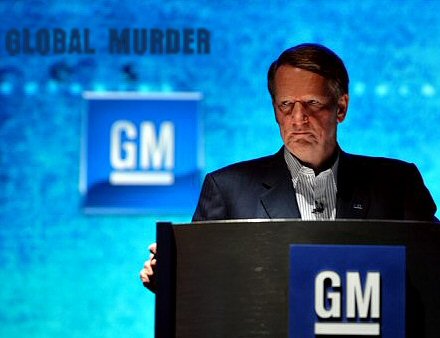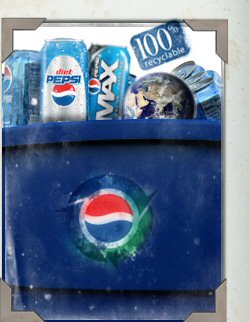ExxonMobil And Liberty Science Center: Pretending To Be Objective
Posted by keith on 26th November 2008
I could probably do about a million articles like this, given ExxonMobil’s long and nefarious history of throwing money at “educational” projects and hoping some of the contaminated information sticks in the minds of the young people they are trying to brainwash, but this one is related to another article I wrote back in June about the Science Museum in London. Just to see whether anything had changed I looked at the “The Science Of” web site, to find that the exhebition had moved to the Liberty Science Center in New Jersey.
Lo! and Behold! It is still sponsored by the same three awful corporations that were doing their best to brainwash minds in the UK:
I sent a quick note to the press office at LSC:
Dear Dina [Head of Public Relations]
I have just noticed that LSC has started hosting the corporate exhibition “The Science Of Survival”. This is not an objective exercise in encouraging children to be environmentally sustainable, it is a way to allow the sponsors and other corporations who support high technology to make a case for their own “solutions” to the environmental crisis.
I would be grateful if you were to read my article at http://thesietch.org/mysietch/keith/2008/06/03/science-museum-london-letting-corporations-control-young-minds/ which related to the very same exhibition being hosted by the Science Museum in London.
Maybe you could pass it on to whoever was responsible for putting the exhibition on, so they can consider whether it is appropriate to allow corporations to have such a free reign over young, impressionable minds.
Kind regards
Keith Farnish
It was while writing this, and checking out a few other parts of the web site, that I realised there was absolutely no chance of the Liberty Science Center doing anything about their greenwashing exhibitions: they were hosting one called “Energy Quest” sponsored by that bastion of objective and sustainable thinking — ExxonMobil.
Meeting the needs of the future
Energy is one of the greatest concerns facing humanity today. Where will it come from in the future, and what will it do to our planet? Can we balance our ever-growing need for energy with its impact on the environment? Energy Quest – the only exhibition held over from our former building – takes you on an unprecedented journey through the five major sources of Earth’s energy in search of the answers.
Help me with this, please: do you think the exhibition will be saying we need to stop using so much energy, especially the non-renewable kind? It’s a tough one.
And no wonder it’s the only exhibition held over from their former building, one member of their Board of Trustees is Vice-President of ExxonMobil’s research and engineering branch. In fact their Board of Trustees list reads like a roll call of the very people you most definitely would not want to entrust your planet to.
Too bad that there is nowhere for kids to get objective environmental information from: guess we’ll all have to start working things out for ourselves.
Posted in Corporate Hypocrisy, Public Sector Hypocrisy, Sponsorship | No Comments »














